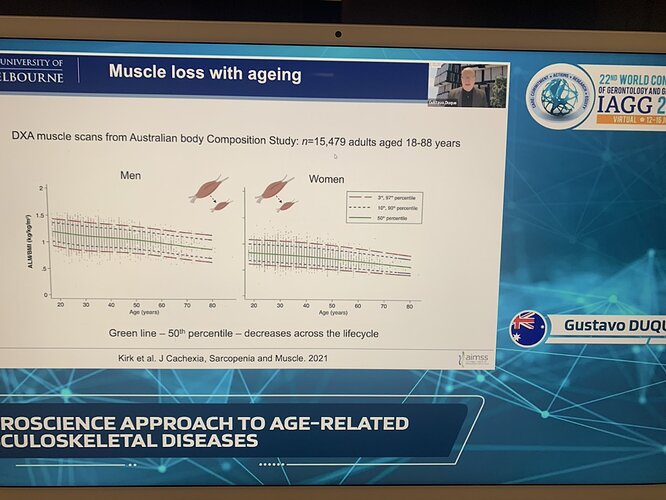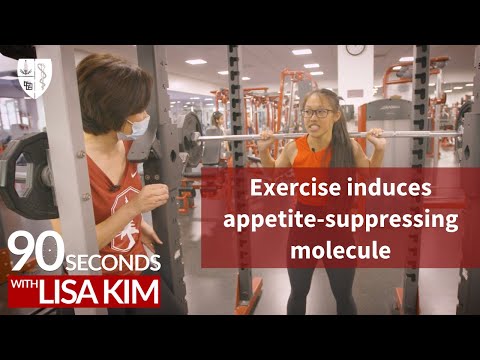Indeed, I am a big believer in good hormetic stress adaptations. We have a baked in evolutionary potentiation reservoir, that is sadly lost in modern human lifestyle. Don’t you ever wonder why we have over 600 muscles in the human body (300+ pairs, one heart), yet barely used? Is there a negative regulatory/aging signal if they are NOT used? All cause mortality is reduced with higher quartiles of physical fitness. Stressing our skeletal musculature unleashes a whole host of beneficial signalling molecules (BDNF, Irisin, AMPK, etc)
That’s sometimes but not always true. For example, exercising at altitude is more difficult, but also creates fewer adaptations. That’s why athletes seek to “sleep high, train low.” They can get more volume in at a lower altitude.
My main sport is Brazilian jiu jitsu (grappling), which is cardio, but generally anaerobic lactic and anaerobic alactic. But how fast those systems recover is a function of your aerobic capacity, so I do roughly 4 hours of zone 2 per week on the side–usually 2x 2hr per week hikes up a mountain behind my house. I did lift quite heavy until about 5 years ago, and just very recently brought deadlifts back in as my strength has been declining, but the combination brings me very close to overtraining now that I’m 50.
Your main exercise regiment and muscle physique is from BJJ or remnant (maintenance) of the past heavy lifting?
Mostly BJJ, though muscle does act like a bank account–so the remnants of my past heavy lifting stick around. I’m significantly weaker now than 5 years ago but look and move much better due to dropping excess fat, with better biomarkers. I’ve done BJJ for 13 years now, with supplemental S&C, but when covid started I changed my diet and dropped 40lbs. It’s hard to maintain a high level of muscle while cutting weight
Peter Attia is big on appendicular lean/height2 (kg/m2) as a measure of muscle. Last DEXA (post weight loss) I did had my ratio at 10.6. In Attia’s episode #176, he says “for men, the top 3% are probably 10.5.” So while there was some trade off, I’m still in a good place.
Genetically, I’m at the furthest “power” extreme in the power vs endurance spectrum, so much of my training over the past 5 years has been trying to fix the endurance side.
“Muscle bank account” yes I am trying to build a big reserve for older age, including the heart.
ALM, not heard of that metric. I was looking to get a DXA scan this year to baseline.
Curious, how did you change your diet to drop 40 lbs?
A modified keto diet with one 72-hour fast per month, and TRF.
I was super strict the first six months though I always ate more protein than a strict keto diet, then added in fruit. Now that I’m just maintaining, I’m a lot more flexible. Back to one or two beers on Friday nights (though only one day per week), and occasional carbs–though I take acarbose whenever I do eat carbs.
Holy Mackerel! Your “before” & “after” pics are amazing! (And those of other posters, too.)
I’m only taking 2mg/week of Sirolimus. I stopped for about a month after a low glucose scare but have cautiously resumed.
I go to a local gym about twice a week. As I’ve been going to the gym since I was 18 and am now 65 I think I know my limits. This last month or so I’ve noticed an odd thing: my lifts are going up. It was so unusual that I mentioned it to my wife. For example; I used to do tricep dips right at the end of my session when my arms were already tired. I usually only get 10 per set; sometimes only 8.
Last week I got 12. Then 14. Today I got 15 and could have done more. I also found myself checking pin settings on machines because the weight felt too light. Very odd!
So I did a quick search on “Sirolimus” and “muscle strength” and, sure enough there is evidence that it improves muscle function in the elderly.
Now I see more evidence here on the forum.
My physique hasn’t changed much for a long time but I’ll see if I can get the wife to take a photo and post it. I get the feeling my muscles haven’t grown; just become stronger.
Maybe even my low dose is having an effect.
Cheers!
I have to agree on increased muscle strength and endurance.
My arms are less thick … more defined… smaller… but as strong as ever. Honestly liked them thicker. Lol.
Seems nothing helps get them bigger… just maintaining, but at 64 years. Guess I can’t really complain. Pic this week.
Oral and gums excellent… hair returning…
How we age is (at least partly) a choice… and obviously you’re choosing well!
I think your caption should have stated “whether you have metabolic syndrome and short circuit aging” is a choice.
You kill me… could never do your workout.
Exactly!!
RapaYoda Chronological age 900… GlycanAge a mere 540 years!
Agetron aka: Ageless Chronological age 64… GlycanAge a mere 37 years… hahaha!
No contest on the hair biomarker.
I’d like to see a longitudinal study of people on rapamycin and muscle strength / body composition … I suspect its much different than this curve… perhaps the PEARL study will start to show this…
And more good news on exercise, new research out of Stanford:
An exercise-inducible metabolite that suppresses feeding and obesity
“Chronic administration of Lac-Phe decreases adiposity and body weight and improves glucose homeostasis”
This molecule, however, is fleeting in humans after exercise. I go into my daily exercise with massive hunger signal (24 hr daily fasted), but as soon as I start working out, it disappears completely. But within 30-60 minutes post work out, I could eat a horse.
So - just to be clear ![]() This amino acid is what we are talking about right?
This amino acid is what we are talking about right?
I bet people will start offering this as a supplement quite soon…
“Lac-Phe is a poorly studied metabolite of unknown function,” the researchers continued. In fact, increases in Lac-Phe levels through exercise had been reported in a previous study, and as Xu, Long, and their collaborators reported, their metabolomics data added further context by showing that this increase was one of the most notable metabolite changes resulting from acute exercise.
Experiments in mice with diet-induced obesity further showed that a high dose of Lac-Phe suppressed food intake by about 50%, when compared with control mice, over a period of 12 hours, without affecting their movement or energy expenditure. When administered to the mice for 10 days, Lac-Phe reduced cumulative food intake and body weight (owing to loss of body fat) and improved glucose tolerance. “These data demonstrate that pharmacological administration of Lac-Phe to obese but not lean mice specifically suppresses energy intake without altering energy expenditure pathways,” the investigators noted.
100%. Probably being scaled in Asia right now…to be packaged/marketed to the West.





